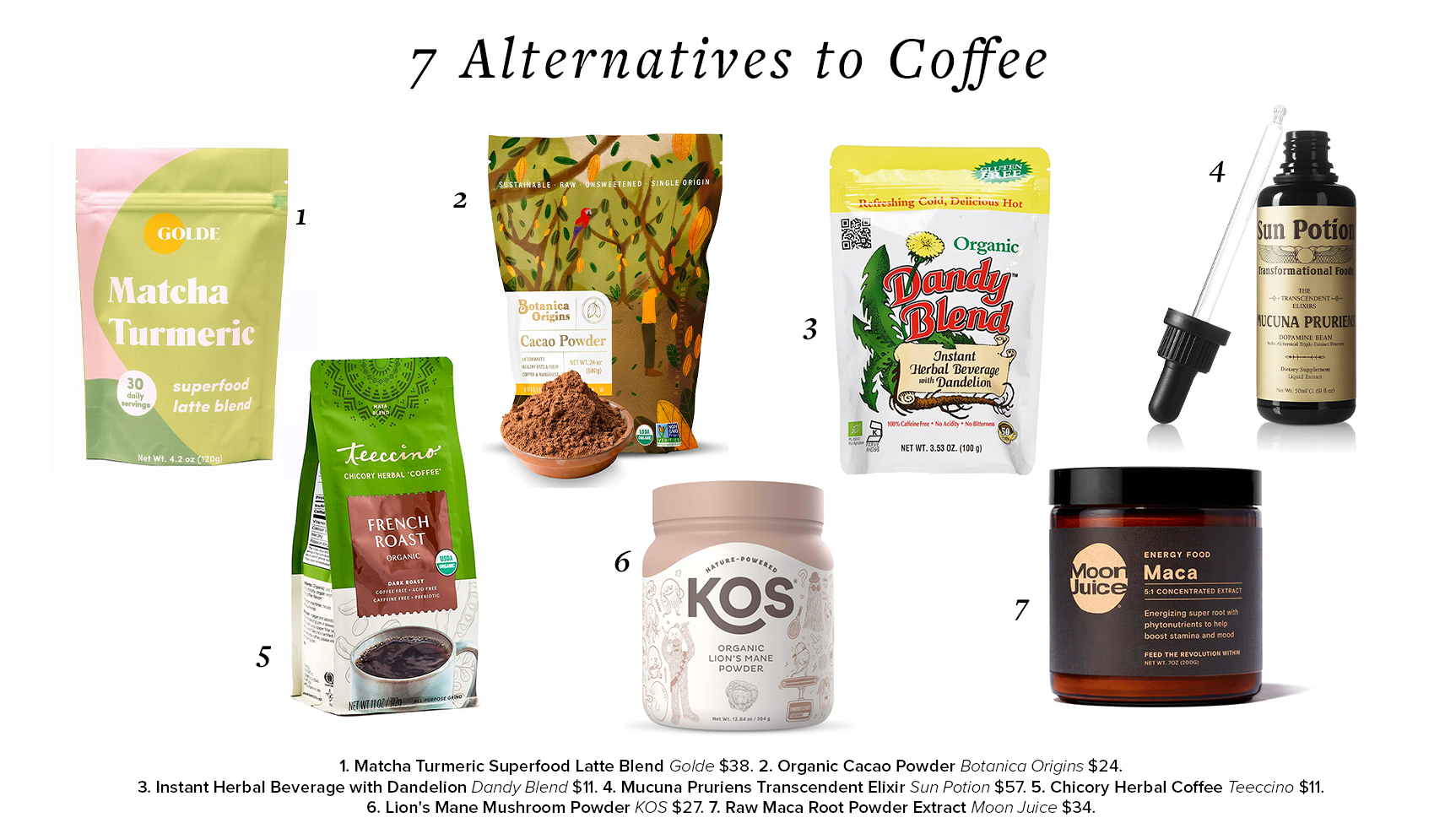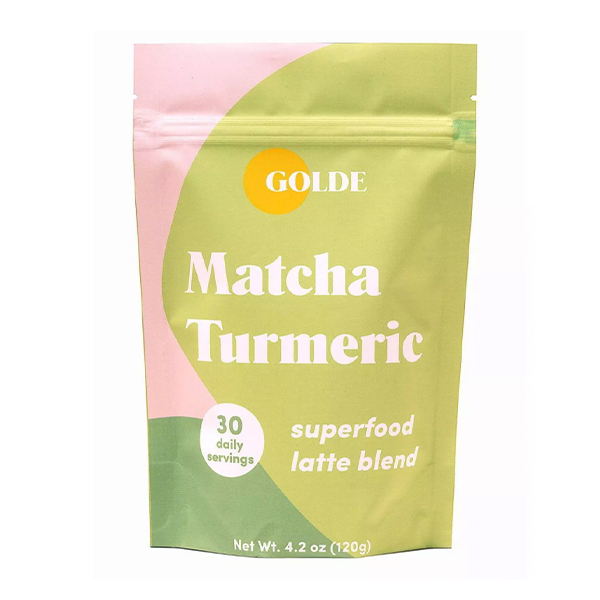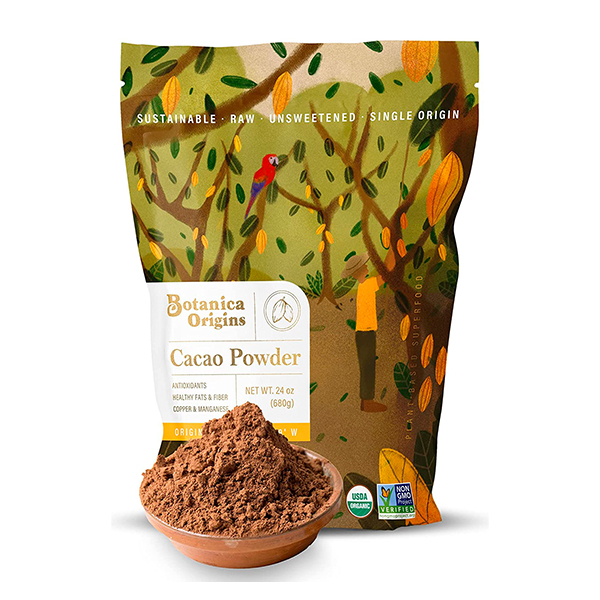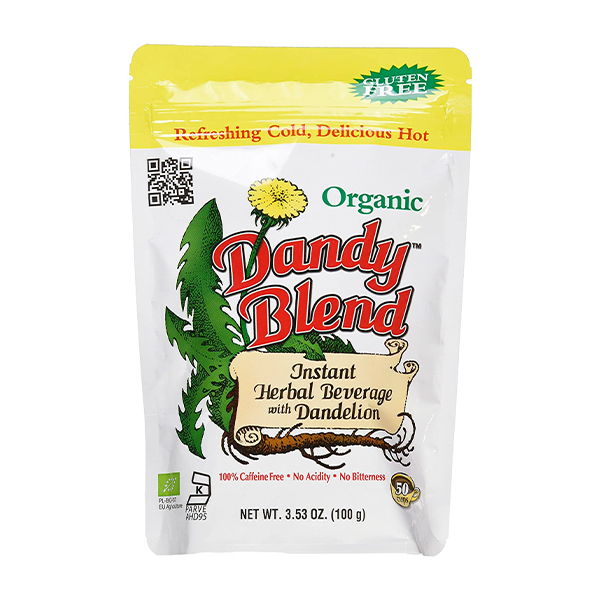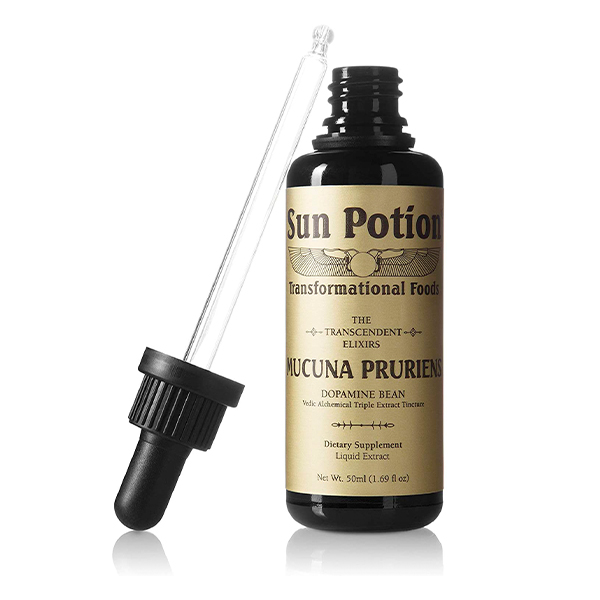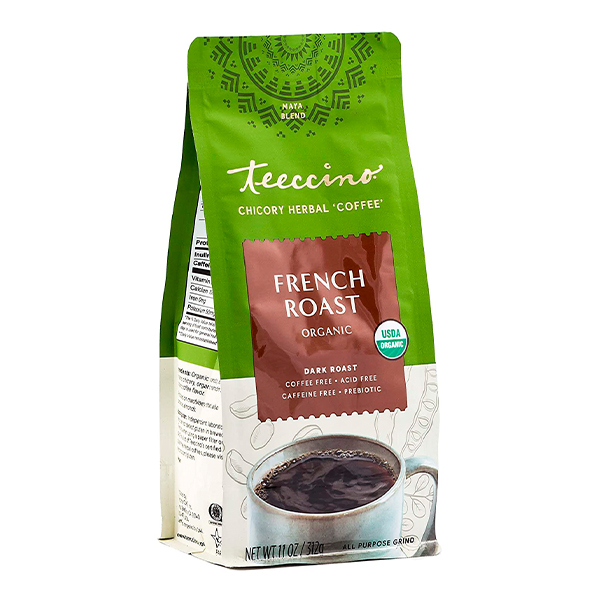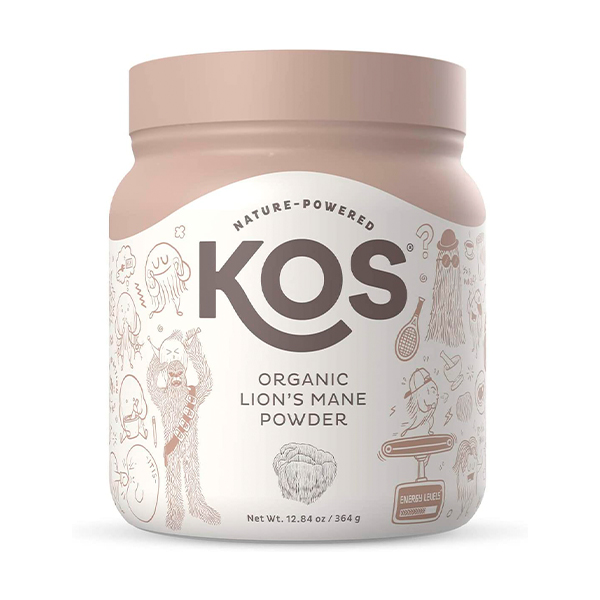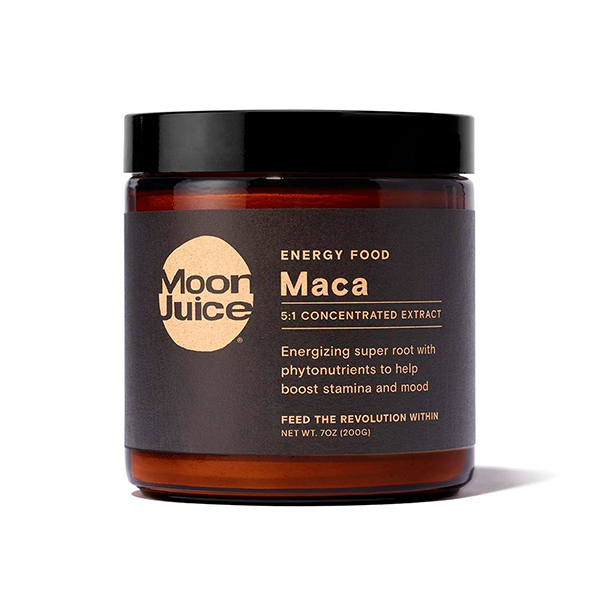7 Alternatives to Coffee That Will Give You an Energy Boost
MAED EDITORS
Do you have a love/hate relationship with coffee? It’s hard not to love that instant energy, but many of us pay for it in the form of stomach aches, headaches, jitters, insomnia, and anxiety. And then, of course, there’s the impact coffee can have on your adrenal glands—it’s not good! If you know coffee doesn’t agree with you, but you’ve struggled to give it up, these energy-boosting coffee alternatives will help you kick the habit for real this time.
Matcha
Yes, matcha does have caffeine in it, so if you’re sensitive to caffeine, you might want to steer clear. Anecdotally, though, many people find that matcha gives them energy without the jitters and anxiety that coffee brings. Matcha is also high in EGCG, an antioxidant that has been associated with a reduced risk of high blood pressure and type 2 diabetes.
Hot Cacao
No, we don’t mean those little packets with dried marshmallows and sweetened cocoa powder in them—we’re talking real cacao here. Again, there’s caffeine in cacao, but you’ll also get a boost of energy from a naturally-occurring stimulant called theobromine, which expands the blood vessels and lasts longer than caffeine. Cacao is rich in antioxidants and, of course, it tastes amazing. We like unsweetened cacao powder whisked with homemade coconut milk, local honey, and a pinch of cinnamon.
Dandelion Coffee
Who knew the weeds on your lawn could replace your morning mocha?! Dandelion coffee is made with roasted dandelion roots and a blend of other ingredients, including chicory. Unlike the previous two coffee alternatives, dandelion coffee doesn’t have any caffeine, but it does contain trace minerals that provide adrenal support and help you feel energized. It also has a number of devoted fans, with the most popular brand of dandelion coffee boasting nearly 10,000 five-star reviews on Amazon.
Mucuna Pruriens
Mucuna pruriens is a supplement that contains L-Dopa, the precursor to dopamine. Not only does dopamine make you feel good, it’s also linked to memory and focus, so mucuna pruriens is perfect when you have an intense day of work planned. Ayurveda has used mucuna pruriens for centuries as an aphrodisiac and to treat nervous disorders and arthritis.
Chicory Coffee
Chicory is the OG when it comes to caffeine-free coffee substitutes since the flavor of roasted chicory root is similar to that of roasted coffee beans. It has a whole host of health benefits, including prebiotic fiber that contributes to a healthy microbiome, but its high levels of potassium are what makes it rival coffee in the energy department.
Adaptogenic Mushrooms
You’ve probably heard the ads for mushroom coffee on your favorite podcasts, but most mushroom coffees are made with a blend of coffee beans and adaptogenic mushrooms. You want the mushrooms, not the coffee, in which case, look for a supplement that contains cordyceps, which is known as an energy-booster, or lion’s mane, an adaptogen that improves focus and memory.
Maca
A few years ago, it seemed like maca was everywhere—in smoothies, desserts, chocolates—but even though the buzz has quieted down a bit, maca is still an adaptogenic herb worth considering for its ability to increase energy and help you get over that afternoon hump. Its caramel-like flavor makes it ideal for blending into a banana smoothie, but you can also stir it into oatmeal, tea, or cacao.


